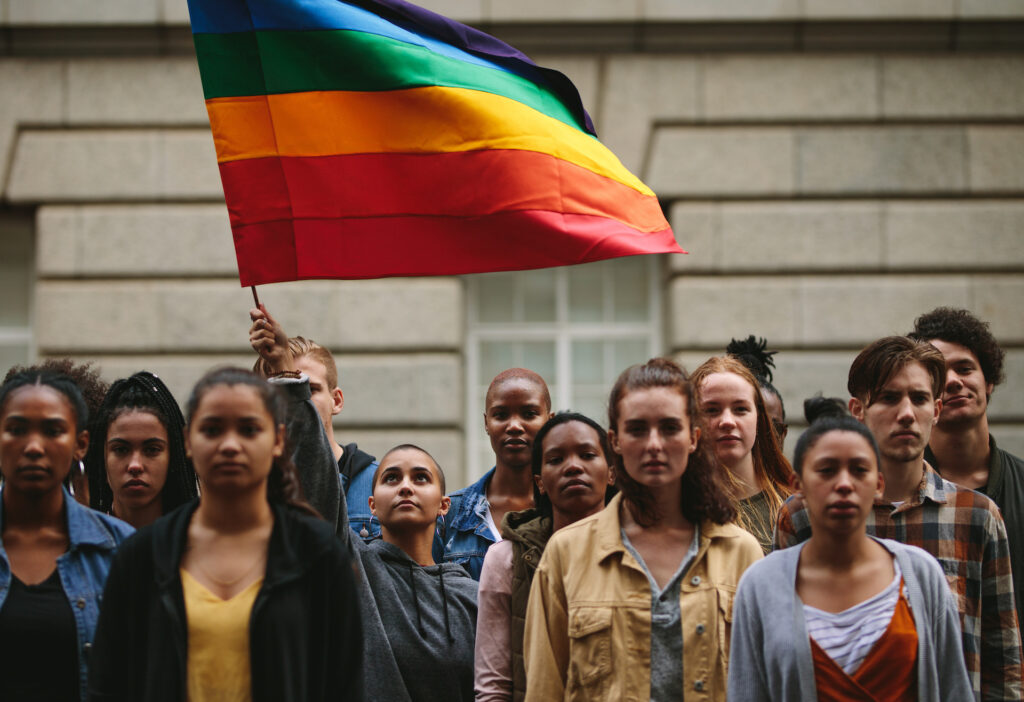In recent years, the concept of intergenerational trauma has gained a notable amount of popularity. Understanding intergenerational trauma helps to better understand behaviour and addiction. In Canada, the concept has become known in part due to the work of the Truth and Reconciliation Commission of Canada (TRC) and its various reports. The impacts of cultural genocide and institutional racism on Canada’s First Nations are addressed and explored as a way to reconcile settler-Indigenous relationships. It is a lens to better understand behaviour and addiction.
Notably, one of the themes from this report is the trauma First Nations people experience being passed down to generations. A type of trauma that is often referred to as intergenerational trauma.

First Appearance
One of the first appearances of intergenerational trauma comes from Canadian psychiatrist Vivian M. Rakoff. According to an article from the American Psychological Association, Vivian M. Rakoff studied the mental health of the children of Holocaust survivors. Yael Danieli, director of the Group Project for Holocaust Survivors and Their Children in New York, advocates for the continuation of exploring the topic. Understanding intergenerational trauma is a way to better understand and support particular populations and descendants of communities.
In recent years, it has been featured widely in studies about human psychology. Additionally, it has also appeared in many recent news articles as individuals and communities around the world are grappling with legacies of trauma.
Intergenerational Trauma vs. Historical Trauma
Intergenerational and historical trauma may not be that different from one another. Historical trauma is understood as a form of intergenerational trauma. Moreover, it is specific to a cultural group that has a history of being oppressed and marginalized. We know these groups and communities as First Nations, religious minorities, LGBTQ2S+, and many more. In many cases, someone may belong to more than one of these communities.

The Administration for Families and Children provides a Resource Guide to Trauma-Informed Human Services. This guide includes some resources around concepts related to trauma and their definition.
Intergenerational Trauma and Substance Use
While the effects of intergenerational trauma have been studied worldwide, more research is needed regarding the relation to substance use. In Canada, many of these studies focus on the intergenerational effects of residential schools and public policy on Indigenous mental health. These studies produce findings such as a notable increase in suicidal ideation for descendants of residential school survivors.
In a 2019 article from Frontiers in Psychology, Meulewaeter et al. explore the ways in which intergenerational trauma leads to a higher susceptibility for substance use disorders (SUDs) later in life. The study is based on concepts from attachment theory and focuses on mothers as a study group.
Generally speaking, the ways in which intergenerational trauma leads to mental health issues and substance use is an ongoing topic of study. Many more studies need to be performed in order to come up with a solid connection between intergenerational trauma and substance use.
If you or someone you know is struggling with mental health and addictions, reach out today!



